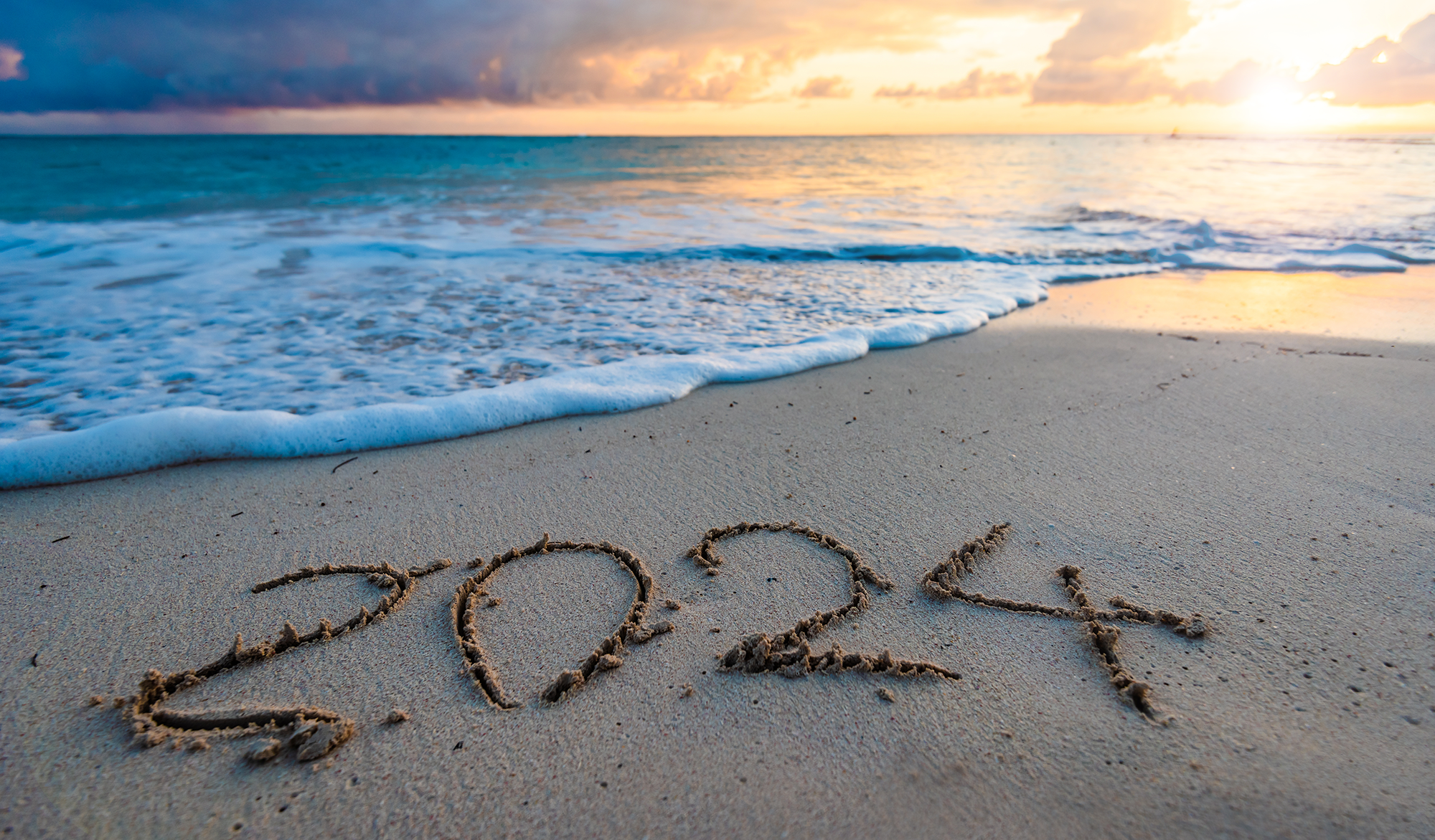How to hit your financial goals in 2024
2023 brought yet another year of rising costs. Inflation remained high, rents rose faster than since 2009, and interest rates jumped by 0.25% five times.
Thankfully, hope is in sight. Inflation should slow by mid-2024, before returning to its standard of rate of 2-3% in late 2025, according to the Reserve Bank of Australia.
But we’re not out of the woods yet. Whatever your financial goals this year, now’s the time to get ready.
Examine the year that was – and reset your budget
Start by reviewing your spending in 2023.
Where did you spend more than intended? Where did you stick to your plans? It’s helpful to note your weaknesses – while celebrating your successes.
Next, tweak your budget for this year. Set new financial goals, and work out how you’re going to reach them.
Consider which expenses are likely to rise – and fall. Likely to drop are the costs of used cars (by 9.5%) and airfares (in the second half of the year), while predicted to rise are energy bills (electricity by 10% and gas by 4%) and house prices (by 7%).
Consider consolidating your debts
If you found it tough to stay on top of your debts in 2023, then it could be smart to consolidate. This means rolling all your debts into one loan.
Streamlining multiple debts into one monthly repayment not only helps you regain control of your finances, but you could also possibly score a lower overall interest rate.
One way to consolidate is by taking out a debt consolidation loan with MONEYME. Applications are online – and you could have funds in your account in minutes if approved.
Before applying, take a look at our debt consolidation checklist to see if it’s right for you.
Reconsider your ongoing costs
From gym memberships to streaming services, ongoing costs can chip away at your budget. Plus, when you pay by direct debit, it’s easy to lose track.
Trawl through your bank statements – and list all subscriptions. Cancel those you had forgotten about, or could manage without in 2024.
Make sure you’re covered
Rejigging your budget should include preparing for unexpected events.
Review your insurance policies, to ensure you’re adequately covered, but aren’t paying more than necessary.
Don’t have health cover? You might pay a Medicare levy surcharge (MLS) to the government, which is compulsory for singles earning more than $93,000 and households earning more than $186,000. Sometimes, health insurance is more affordable. Use a comparison site like Compare the Market to look for a good deal.
If you haven’t already, factor saving an emergency fund into your budget. This will give you a lump sum, should you suddenly lose your capacity to earn.
Managing the future
Economists can make forecasts, but no one can predict what will happen in 2024.
But, with some planning, we can at least put our finances in the best possible position.


 Team MONEYME
Team MONEYME ">
">
 ">
">
 ">
">